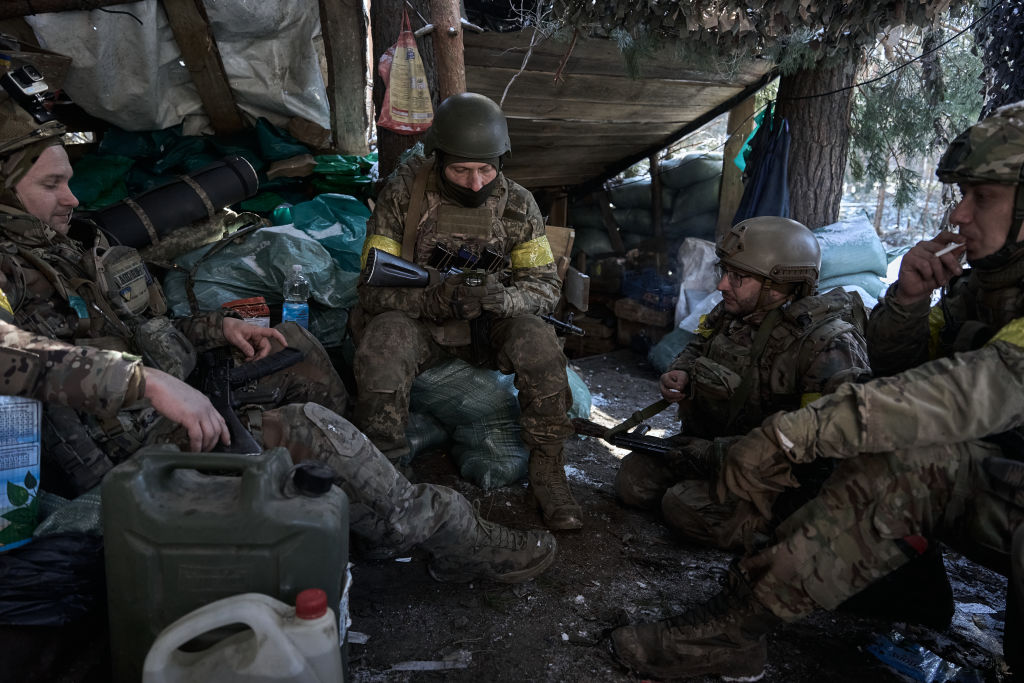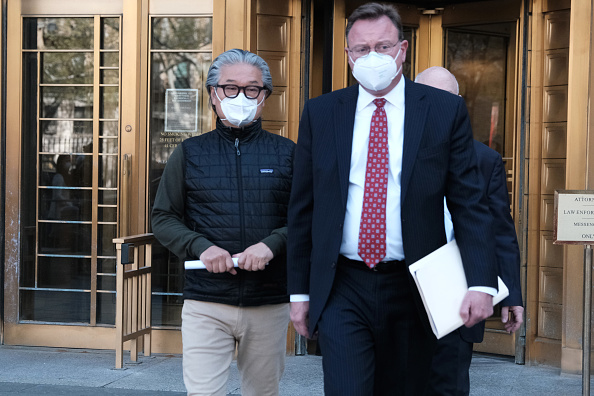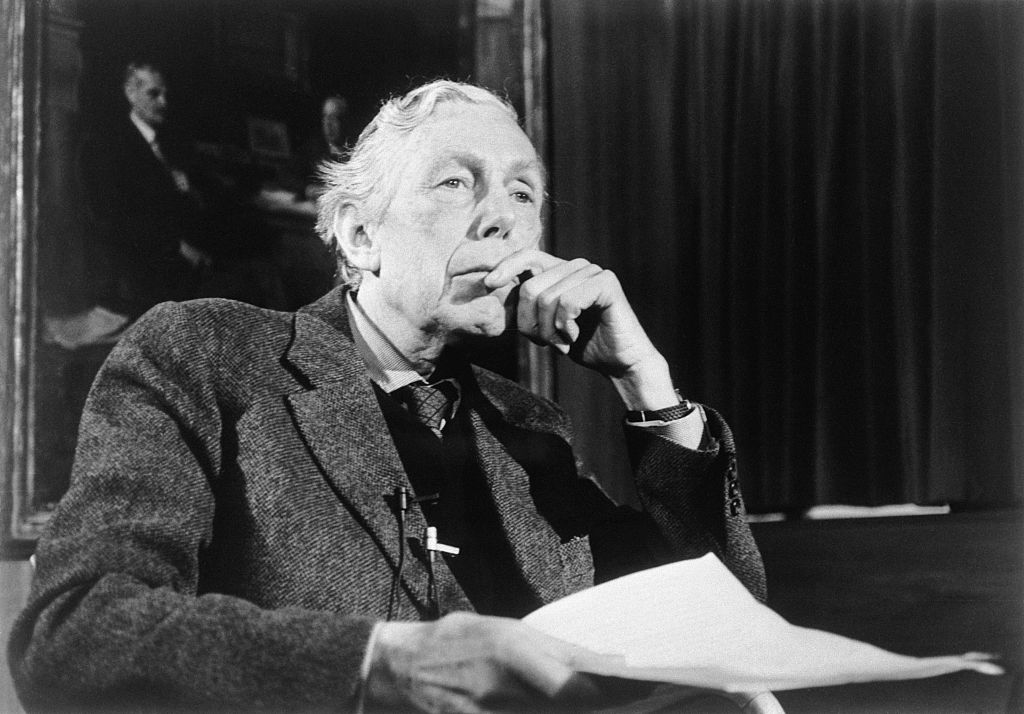There is a long tradition of Westerners resorting to India to find peace. As the world now seems to agree that it is about time we found a peaceful solution to the Ukraine war, could an Indian political guru manage to achieve reconciliation?
In theory, everyone wants peace in Ukraine. But in order for this to happen, both sides need to sit at the negotiating table. Many so far have tried to mediate and all have failed.
Turkish President Erdogan, who has been playing both sides in the conflict, has attempted to act as a middleman, but without success. China has also sent an envoy to Moscow and Kyiv. Even Pope Francis offered his services, to no avail.
Peace summits and meetings have been held in Jeddah, Saudi Arabia, in Malta, Qatar and Switzerland. Both the UN and the EU have been supposedly active in seeking to broker some sort of agreement between the two fighting sides. Nothing has been achieved,
Enter India’s prime minister. Last week Narendra Modi visited Ukraine in what was the first visit ever of an Indian leader to Kyiv. He literally embraced Volodymyr Zelensky, expressed his desire to see the war end and offered his services to assist in making it happen.
In a conversation with Indian journalists shared on social media, Zelensky reportedly said he told Modi that he was likely to support India hosting the second summit on peace.
“As for the peace summit, I truly believe that the second peace summit has to take place. It would be good if it could be held in one of the Global South countries,” he stated.
But things are not that simple. Modi’s Kyiv visit followed his July visit to Russia, after which president Putin called the Indian PM his “great friend” – “param dost” – angering Ukraine and the US State Department.
Zelensky also made it clear that in order for any country to host the next round of peace talks, it must first sign the declaration of the Switzerland summit – which India has not.
And then there is the issue of India’s oil imports from Russia, which have risen from less than one per cent to almost 40 per cent of its total oil purchases after the Ukraine conflict started. Indeed, India is one of the main factors that have allowed Moscow to bypass EU and US sanctions.
Delhi is also one of the key customers of the Russian arms industry, as part of a defence relationship that dates back to the Soviet era.
However, President Biden and the US State Department have been happy to see the Indian premier approach Ukraine.
Modi and Biden spoke on the phone on Monday. The White House then issued a statement commending Modi’s recent visit to Poland and Ukraine, and expressing “support for a peaceful resolution of the conflict in accordance with international law, on the basis of the UN Charter.”
However, on the one hand, not everyone in the West really wishes for this war to end. The arms industries as well as some oil, gas and financial traders are clearly profiting from the bloodshed.
On the other hand, with Donald Trump ante portas, Ukraine’s allies realise that it may be preferable to find a way out of the conflict now, rather than wait for the next POTUS to abandon Kyiv and support peace terms more favourable to Russia.
It remains to be seen to what extent the time is ripe for real developments in the peace process, and whether it can be India’s diplomacy that can bring the two sides together and broker a deal.





Zelensky drags America into war, or Zelensky loses